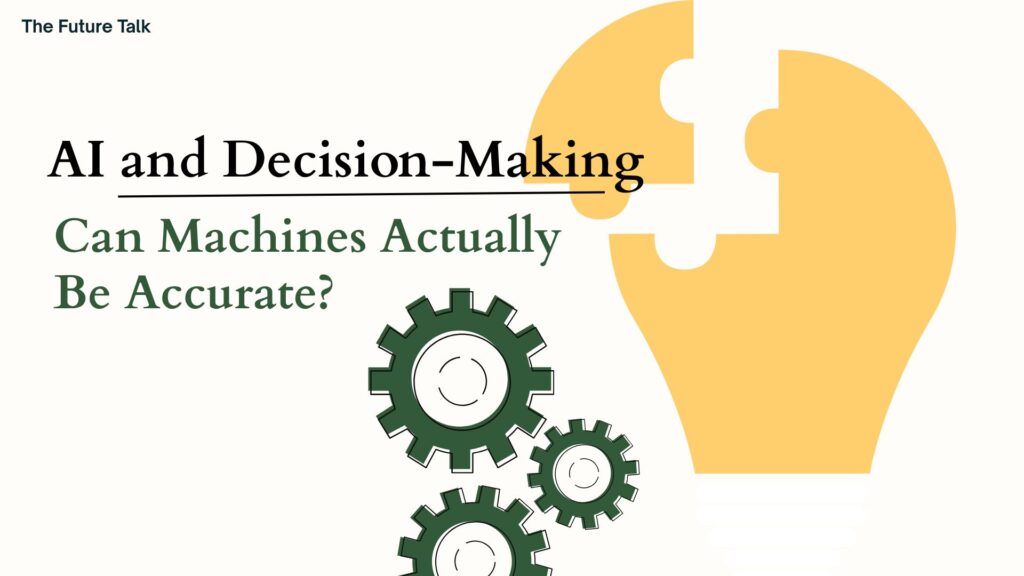
Almost every job across each sector now relies on AI tools and machines. Whether it is creating code or a draft, AI enters the scenario, and the work is done. From transforming businesses to changing human life, AI stands at the forefront of profound decision-making.
This is now creating our trust in machines. But is the machine’s decision-making accurate? How and when can we identify whether an AI’s decision is correct?
We all know AI processes information based on the data human beings provide and consequently trains itself. But what if we do not take follow-up action on the training of machines? This may create algorithmic biases and provide biased information. Unlike humans, who are at least aware of ethical considerations, AI cannot improve itself on its own unless it is told or programmed what to do.
Can Humans Trust AI for Better Decision Making?
Artificial intelligence has been designed to assist humans with decision-making when the data, parameters, and variables involved are beyond human comprehension. In the last few years, AI has helped humans in various applications, ranging from healthcare diagnostics to law practices.
However, several reports stated that AI is not yet ready to make unsupervised decisions. Even experts warn about the increasing use of AI for various applications. In his statement, the Madras High Court Additional Solicitor General AR. L. Sundaresan said that law students have ample opportunities to remain updated with new technology and Artificial Intelligence (AI), but they must stay rooted in their knowledge of the law and not solely rely on technology.
It is no wonder that AI can be based on algorithms that respond to models and data. It can also often miss out on the big picture and can not assess the decision with the reasoning behind it.
Limitations of AI for Decision-Making
- AI lacks contextual understanding
- AI cannot replicate human empathy
- AI is vulnerable to inherent biases in training data
- AI struggles with unprecedented or highly nuanced scenarios
Also Read: What is Digital Colonialism – Why You Need To Consider in 2025
Since several sectors, from healthcare to criminal justice and business, leverage AI recommendations, humans are typically the final decision-makers. By integrating the computational prowess of AI with human creativity, empathy, and intuition, we can unlock unprecedented problem-solving potential. What are your thoughts on this?
Stay tuned to The Future Talk for more such interesting topics. Comment your thoughts and join the conversation.